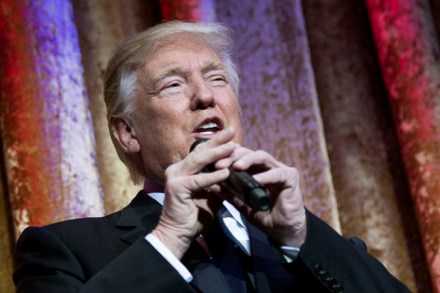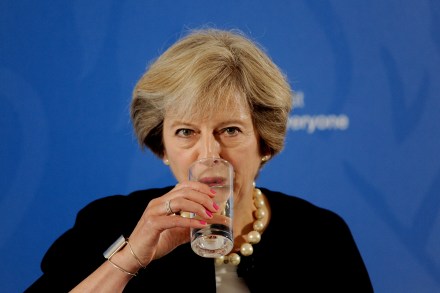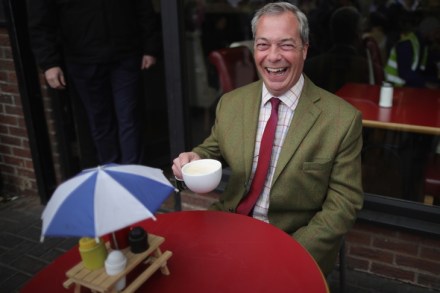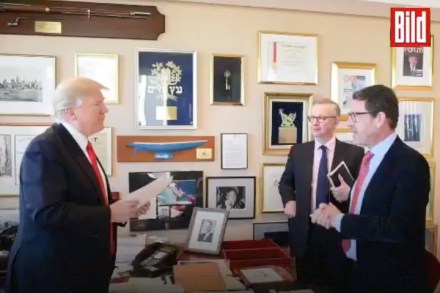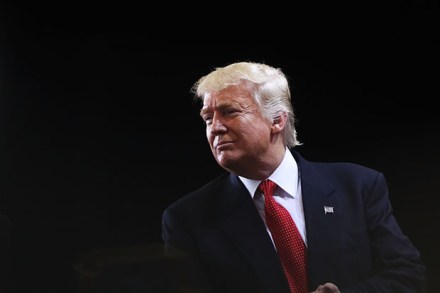In praise of the Supreme Court’s dissenting judges
The English tradition of dissenting judgments in the important cases of the civil law is a good one. They are often better than the majority ones, because they tend to be advanced by judges who resist the self-aggrandisement of their profession. In the Miller case on triggering Article 50, before the Supreme Court, Lords Reed, Carnwath and Hughes dissented. This is what Lord Reed says about: ‘…the argument that withdrawal from the EU would alter domestic law and destroy statutory rights, and therefore cannot be undertaken without a further Act of Parliament, has to be rejected even if one accepts that the 1972 Act creates statutory rights and that withdrawal







